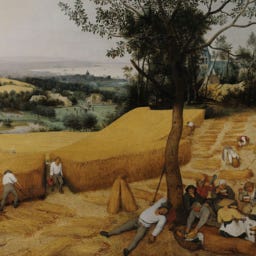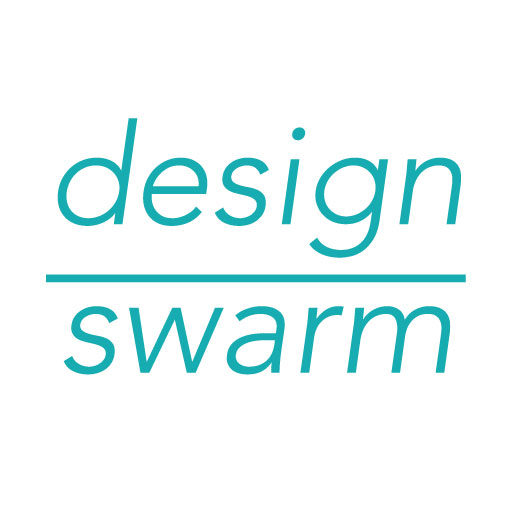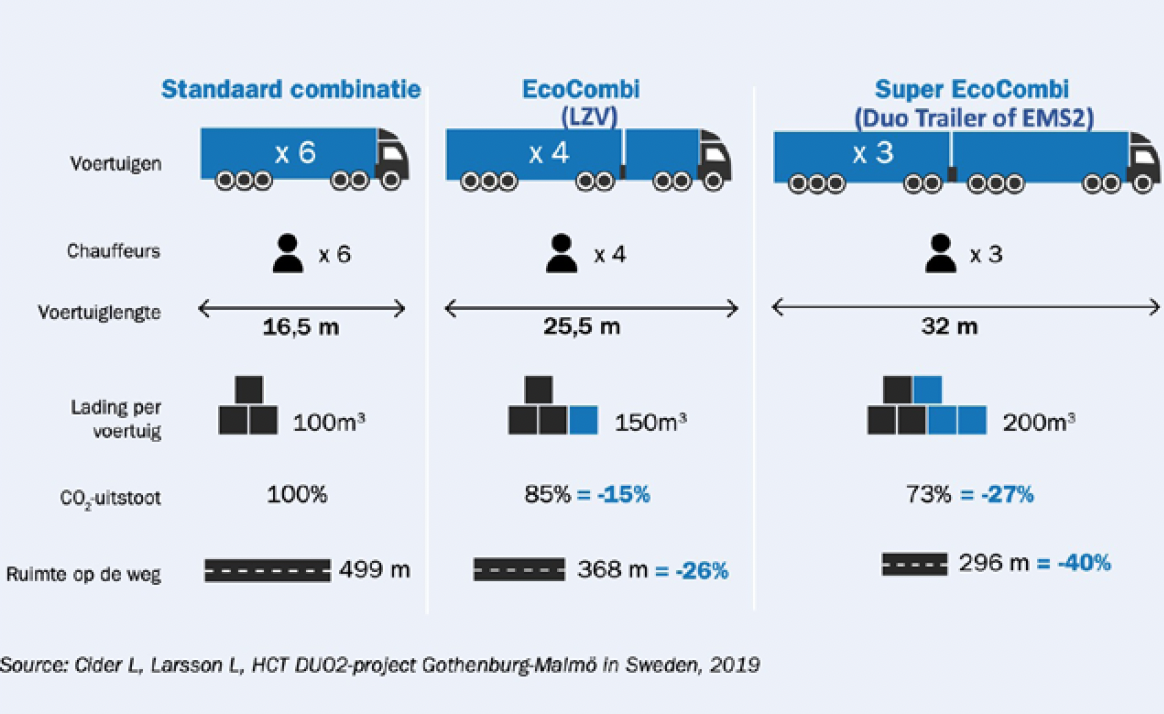Weeknotes 225; yielding the AI arms race

Hi all!
Thanks for landing here. Another week went by fast. And as all editions of the last couple of months, the biggest things are about generative AI developments. This week there might be another key moment as Google is believed to introduce a response in a special announcement event this Wednesday. It also invested in a competitor of OpenAI. On Monday, Google announced Bard; "We’ve been working on an experimental conversational AI service, powered by LaMDA, that we’re calling Bard. And today, we’re taking another step forward by opening it up to trusted testers ahead of making it more widely available to the public in the coming weeks."
The company is a bit nervous about the rapid growth of ChatGPT and the stakes of Microsoft in it. This video -which was suggested to me by the YouTube algorithm- gives a nice overview of this “A.I. War”. Or maybe is A.I. Arms race a better framing.
One thing that I think might not be the right angle is the focus on the search fight. I agree that we might evolve into new ways of searching, specifically more conceptual questions, but I don’t think that the real battlefield is in the search domain. The sense that Bing is not a competitor for Google, even if they would integrate natural language search conversations into it. Plain search will remain kind of the same. But we will find integrations in all other things we use, from digital tools and services to even things that become more understanding and start to predict. Having GPT4-empowered Office tooling is much more powerful, and the co-pilot in GitHub will make programming so much more accessible; allowing you to create your own personal apps for everything easily. These were promises for years; we live a computational life that will only become more real, without notice.
I had to think back, of course, to the research explorations I did back in 2018 and 2019 to predictive relations. What would it mean for our perception of using things as the behaviour is based on predictive data? How would design change? Will it alienate or enhance our relations? One of the students I coached brought it into research through design practice for a vacuum robot and wrote this paper about it. I maybe should revisit this topic if I have time… For now, I am focusing on the development of the AI-powered platform of Structural.
Events
Last week I missed the General Seminar due to some conflicting agenda… Luckily there is always a rich backlog in the NFL Discord and often a report via the podcast.
In the coming week, I do not see a lot of events popping up in the usual agendas. Next week the Responsible Sensing Lab anniversary event is on the agenda.
And on the art front, it is Rotterdam Art Week(end) again. The New Current and TecArt are the most interesting, I think.
News of last week
Let’s dive into the news of last week. The number of tools built on GPT or AI is huge every week. Check the newsletter of Ben’s bites for that.












Paper for the week
Next to the AI War, there is a potentially bigger topic: climate war.
“In this study, we focus on the geopolitical, security, and military risks facing negative emissions and solar geoengineering options. Although controversial, these options could become the future backbone of a low-carbon or net-zero society, given that they avoid the need for coordinated or global action (and can be deployed by a smaller group of actors, even non-state actors), and that they can “buy time” for mitigation and other options to be scaled up.”
Benjamin K. Sovacool, Chad Baum, Sean Low, The next climate war? Statecraft, security, and weaponization in the geopolitics of a low-carbon future, Energy Strategy Reviews, Volume 45, 2023, 101031, ISSN 2211-467X, https://doi.org/10.1016/j.esr.2022.101031
See you all next week!









